The American Psychological Association has found that being constantly reachable on an electronic device causes higher stress levels among workers.
The consequence of this sustained accessibility is what former Apple and Microsoft executive Linda Stone calls continuous partial attention (CPA).
Unlike multitasking – juggling tasks that don’t require much thinking – CPA is a state of vigilance in which you’re driven by a need not to miss anything.
The activities associated with CPA include checking work emails on your day off, continuously cycling through social media feeds, and responding to text messages at all hours.

Post Contents
- 1 Staying
Focused
- 1.1 1. Create a conducive work environment.
- 1.2 2. Discover your prep routine.
- 1.3 3. Prioritize your tasks.
- 1.4 4. Motivate yourself.
- 1.5 5. Follow an alternative schedule.
- 1.6 6. Designate times for admin and communication tasks.
- 1.7 7. Write down non-essentials that pop into your mind.
- 1.8 8. Train your mind to stay focused.
- 1.9 9. Find new ways to enjoy your job.
- 1.10 10. Take time off on a regular basis.
- 1.11 11. Get rid of the guilt.
- 1.12 A Quiet Mind
Staying Focused
Being continuously vulnerable to interruptions contributes to a strained, befuddled lifestyle. Half-paying attention to everything means you’re not focusing on anything.
You may feel like you’re accomplishing something, but the disruption dilutes your focus on what really counts – and that comes with a cost. If you’re not careful, you can spend your entire day puttering from one inconsequential task to another.
Below are eleven tips to help you stay focused at work.
1. Create a conducive work environment.
Your work environment should support concentration. Keep what you need handy. Get rid of anything that disrupts your focus or makes you anxious. These may include your phone, clutter, or even blinding sunlight.
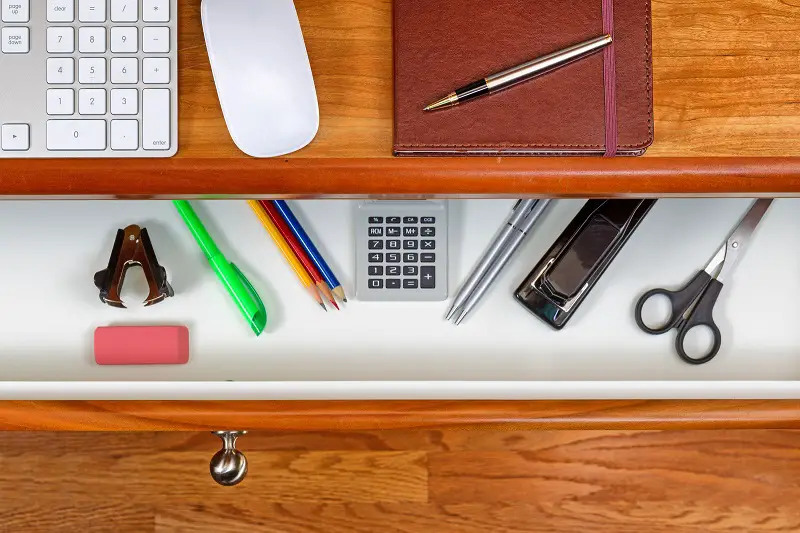
2. Discover your prep routine.
What do you need to prepare for the workday? Choose two or three things that help you feel centered and ready. These will comprise your workday warm-up routine.
They lead into everything else you have to do, like shower, make coffee, and commute to work.
You may need warm-up routines for different portions of your day. For example, a midday cup of coffee or a short walk may help you get back into work mode after lunch.

3. Prioritize your tasks.
Instead of setting yourself up for failure, assume that you won’t be able to finish all your tasks for the day.
Write down the three most important things you need to get done. Determine how those three tasks may work together.
Does one need to be finished before you start the other two? Can two be done simultaneously?
It’s always best to get the ugliest task over with first. That way, it’ll be off your mind and everything else will feel easy.

4. Motivate yourself.
There will always be some tasks you don’t want to do. When you find yourself putting off the inevitable, imagine the end result.
What will improve if you finish the task? What are the consequences for not finishing?
Your motivations should be simple. You either work toward pleasure or work to avoid pain.
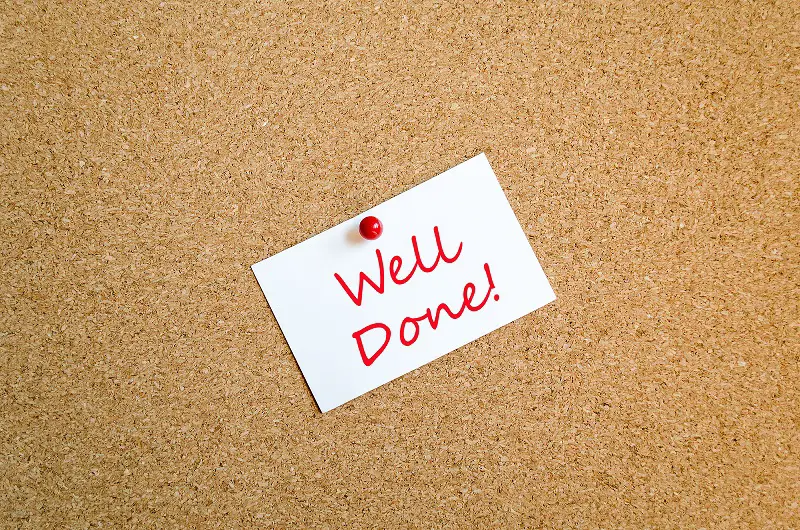
5. Follow an alternative schedule.
Working along an unconventional schedule will allow you to work when everyone else is on a break. That way, you’ll get fewer calls, emails, and messages.
Since nobody expects you to be working, you can ignore any messages that come through, as well.

6. Designate times for admin and communication tasks.
Set aside time that you’ll devote to administrative and communications tasks. Don’t focus on anything else during those times.
Arrange those times with hours when people naturally reach out: first thing in the morning, after lunch, and before leaving for the day.
When it’s time to focus, sign out of your email account and put your phone on silent. Unless you’re an emergency room doctor, people are likely to survive if you’re unreachable for a few hours.
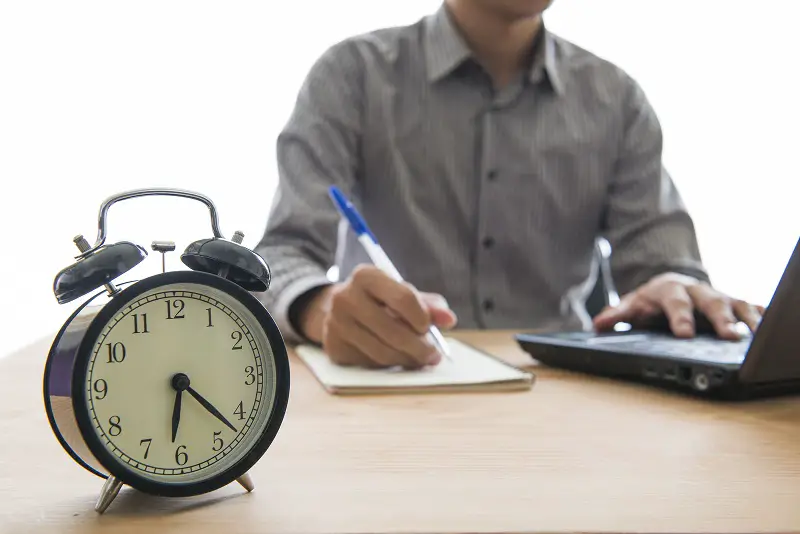
7. Write down non-essentials that pop into your mind.
Important stray thoughts will pop into your mind during the course of a busy day. If it’s not in line with what you’re currently working on, write it down and put it aside.
Keep a running list of important things that pop into your head. Sort through the list at the end of the day and add reminders or calendar items to your phone, if necessary.

8. Train your mind to stay focused.
Your mind can drift when you’re reading or listening to music. You should limit these instances with self-discipline. Train yourself to only reread or rewind once.
If you still zone out, you’ll have to deal with missing what could be vital information. Realizing that there are consequences for zoning out will make you focus more in the future.
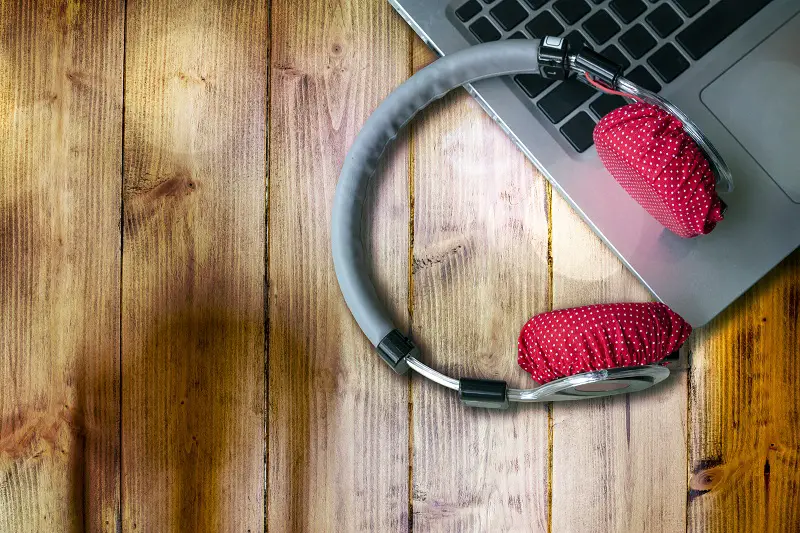
9. Find new ways to enjoy your job.
There’s something enjoyable in every task. Find it, focus on it, and work for that thing. For example, if you finish a project, you’ll have a new, fresh sample for your portfolio or be in a better position for a raise.
The spark may also be something not-so-work-related. Maybe you save a certain Spotify play-list for working on that one project that feels tedious.
There may be more to the job that you haven’t tried yet, too. Befriend a coworker to encourage friendly competition.

10. Take time off on a regular basis.
You need to rest. Time off is part of being productive. This is especially true because, in many instances, you’ll avoid burnout.
Track your moods and performance for a few weeks. You’ll discover patterns that will help you predict when you will naturally need a break.
You’ll also be able to forecast those times when you’re can power through hours of focused work without breaking a sweat.
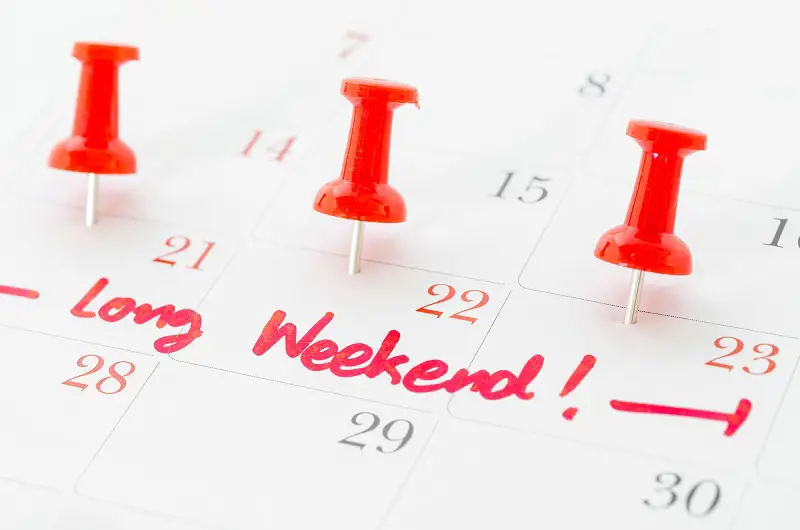
11. Get rid of the guilt.
Do you like to delay tackling disagreeable tasks? Or are you someone who works best under pressure? Do you take too much time off or are you in tune with how much rest you need?
Finding your way to the best, most fruitful focus is a personal quest, and those qualities that make you feel guilty may just be your singular way of doing things.
If you’ve used your time wisely, you’re not a failure for having a bad day. Let go of the guilt, learn from any mistakes, and then get some sleep so you can try again tomorrow.

A Quiet Mind
You can’t adapt to any workplace situation if you’re consistently stressed, run-down, and running around. Experts have linked stress to higher rates of errors, safety issues, and yes, lack of concentration.
Besides compromising your ability to be an effective worker, being constantly distracted is exhausting.
At the very least, start leaving your phone behind during certain times of the day. You can also establish zones in your house or workplace where your phone is unwelcome.
Treat it as you would an experiment. Try things. See what makes you calmer and more attentive. It’s worth a little effort.
After all, a still, focused, and quiet mind is fertile ground for creativity.






